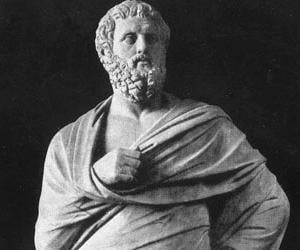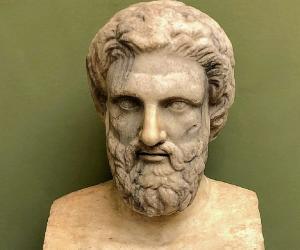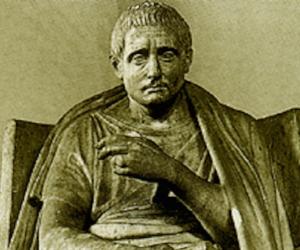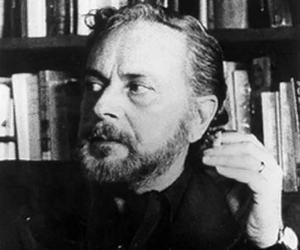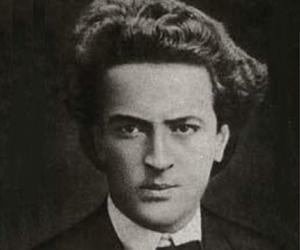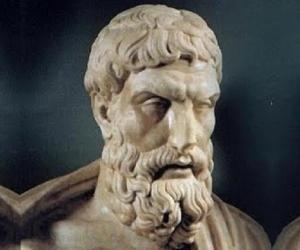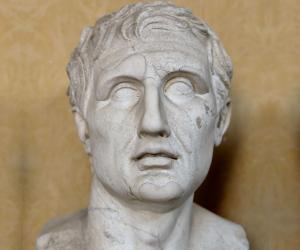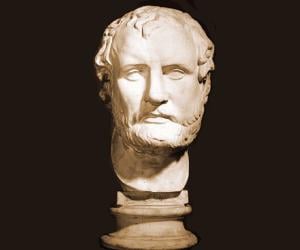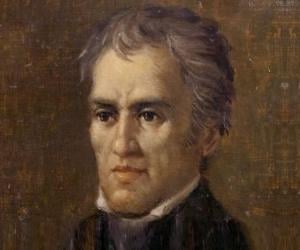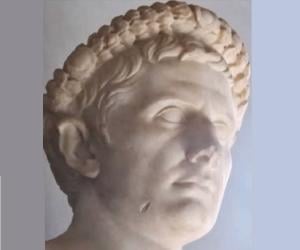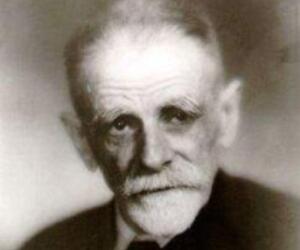1
Sophocles
(Ancient Greek Tragedian)
Birthdate: 0497 BC
Birthplace: Colonus, Athens, Greece
Died: 0406 BC
Sophocles was an influential ancient Greek tragedian known for his contributions to drama. He wrote over 120 plays, with only seven surviving in complete form. He was celebrated in Athens' dramatic competitions, winning twenty-four out of thirty contests and never placing lower than second. His most famous works include the Theban plays, featuring Oedipus and Antigone. Sophocles revolutionized drama by introducing a third actor, reducing the chorus's significance, and developing characters more extensively than his predecessors.

